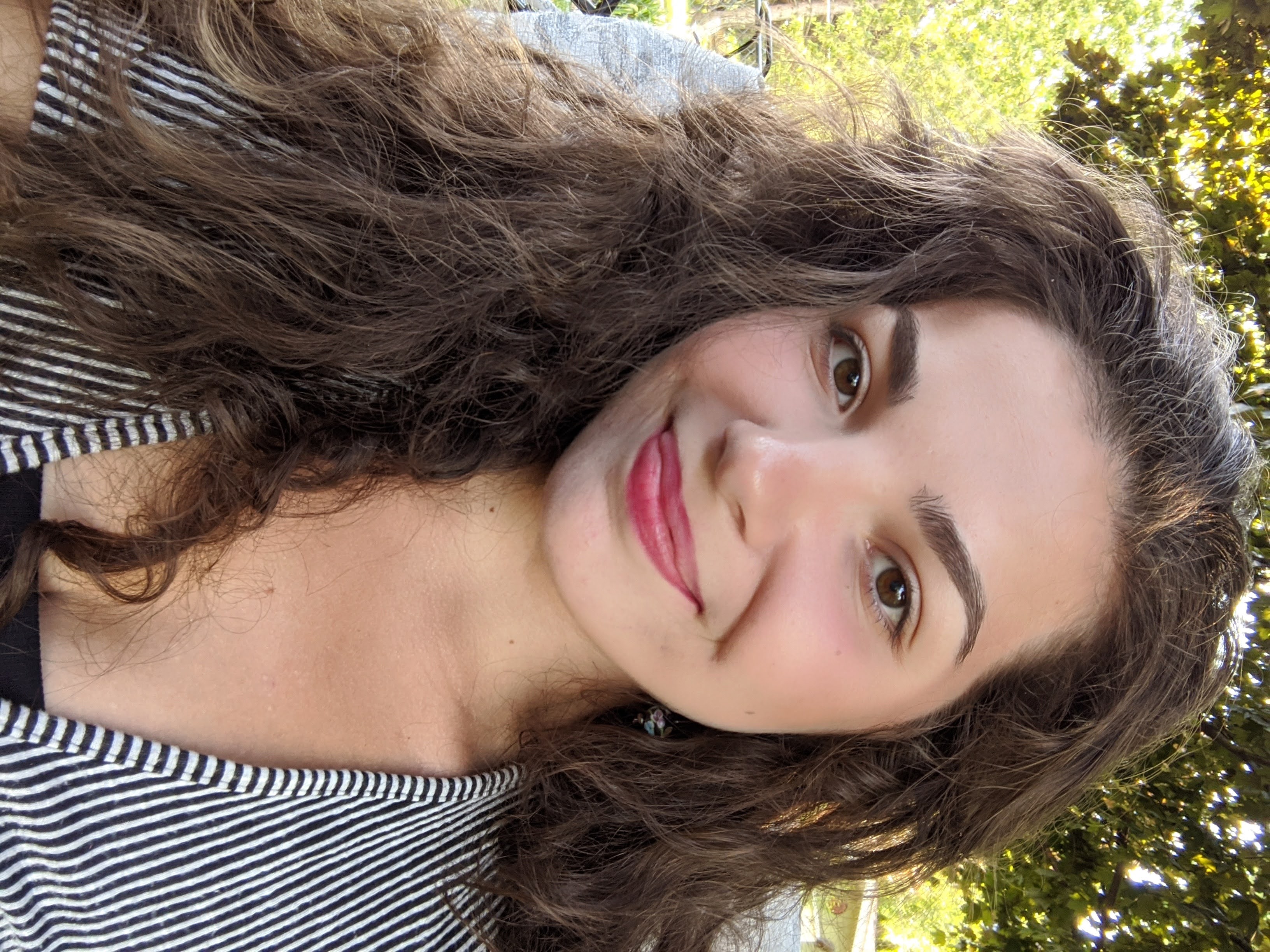Celebration of Scholars
Assessment on Carthage Students' Spiritual Self-Care Practices
 Name:
Sophie Hyde
Name:
Sophie Hyde
Major: Social Work
Hometown: Schaumburg, IL
Faculty Sponsor:
Other Sponsors:
Type of research: SURE
Funding: SURE
Abstract
The study aims to assess how students at Carthage use spirituality/religiosity for self-care and coping with everyday stress and crises with a special focus on use of art, and how the college can better support their practice and exploration of spiritual self-care. The study design is a mixed method design in the form of an anonymous online survey. The survey questionnaire included scales assessing students’ religiosity, spiritual self-care, and the role of arts in spiritual self-care. Questions created by the researchers in collaboration with the Center of Faith and Spirituality were also included to assess the needs of students for spiritual support in ordinary times, as well as in times of crisis like the current COVID-19 pandemic. Demographic information including age, race, major, and year at college was also collected.
With over 500 students completing the survey, participation was strong and provided robust data. Some preliminary results of the quantitative data analysis indicated that religion, major, and year at college did play a significant role in students’ spiritual self-care, the use of art, and resources outside the classroom for spiritual self-care. The qualitative data demonstrated some details of the vastly different experiences for students practicing spiritual self-care and their needs for support from the college. For example, some students strongly identified with a specific religion, while others were unsure and wrote that the survey encouraged them to reconsider their relationship with spirituality and/or religion. The data does not draw many conclusions, but does give great insight for further research.
Submit date: Feb. 22, 2021, 6:26 p.m.
